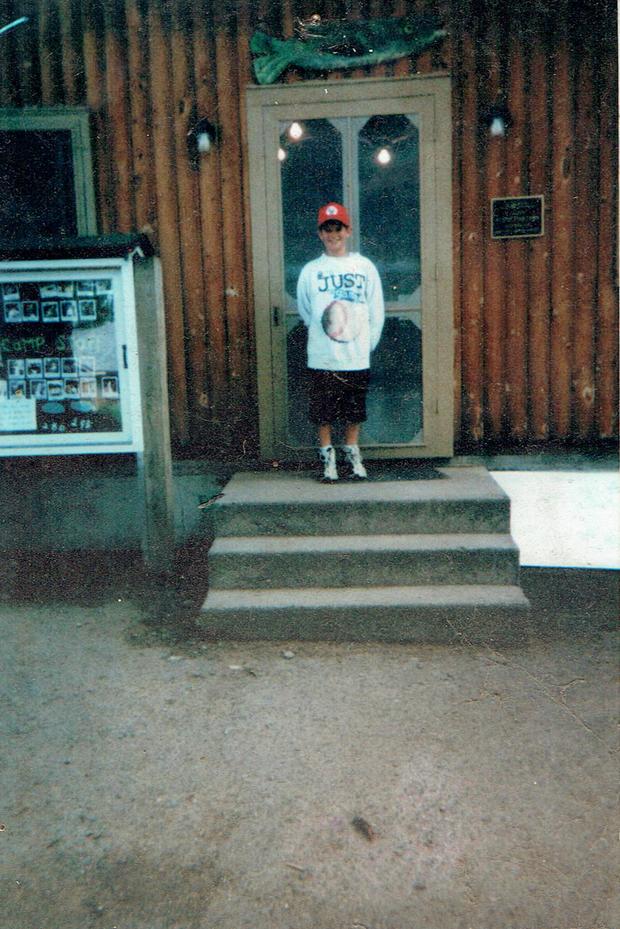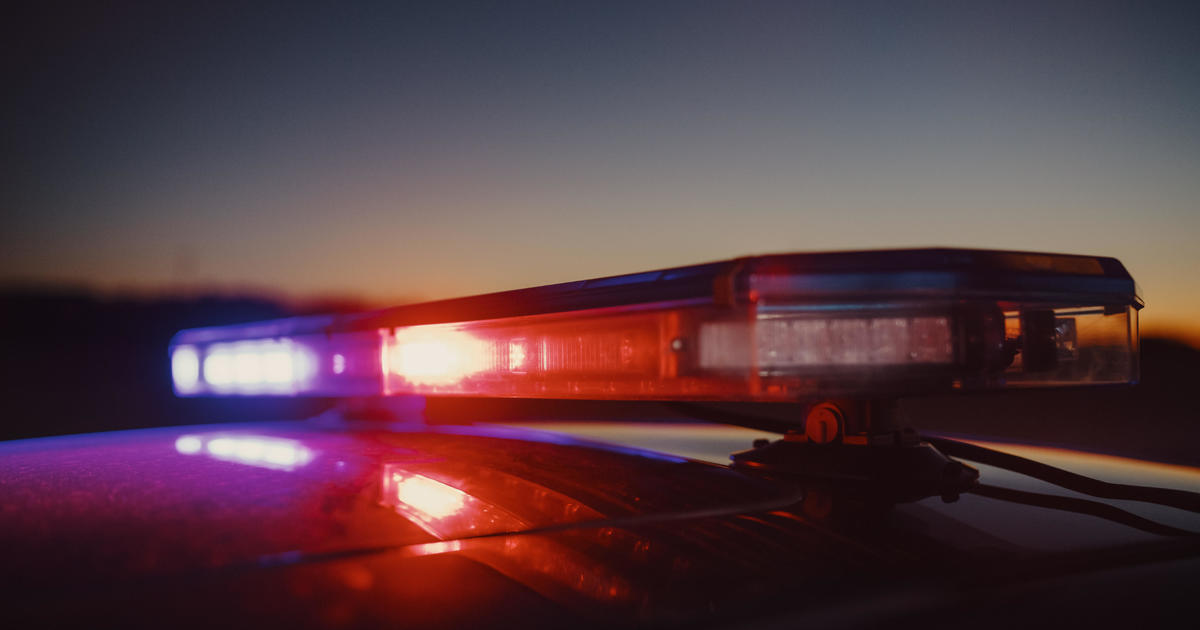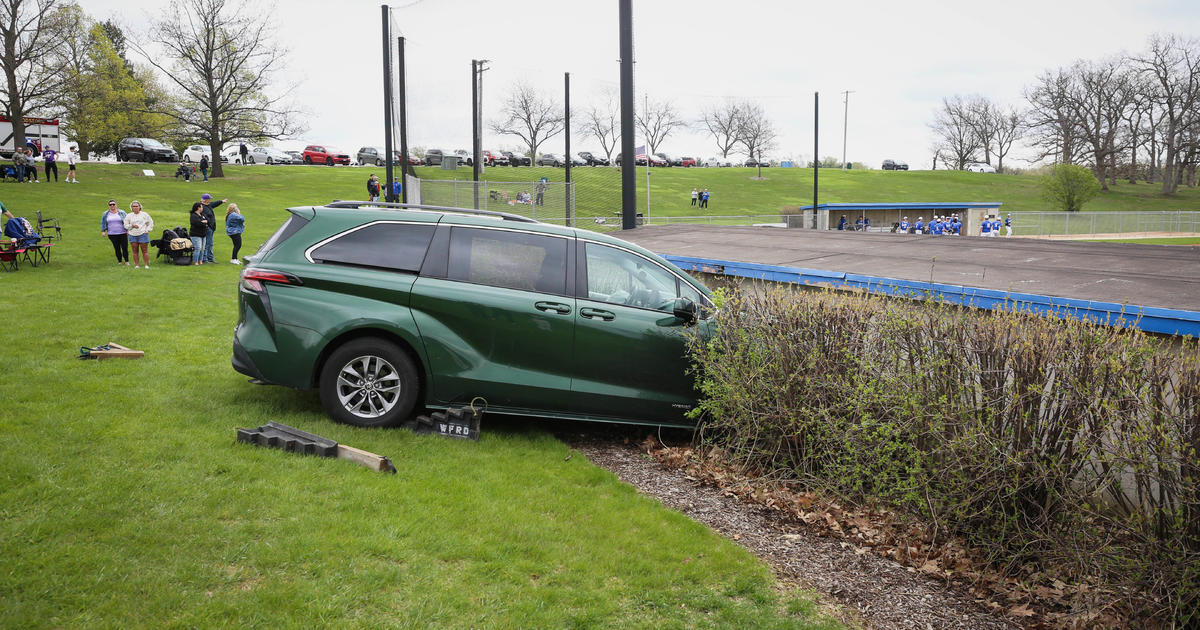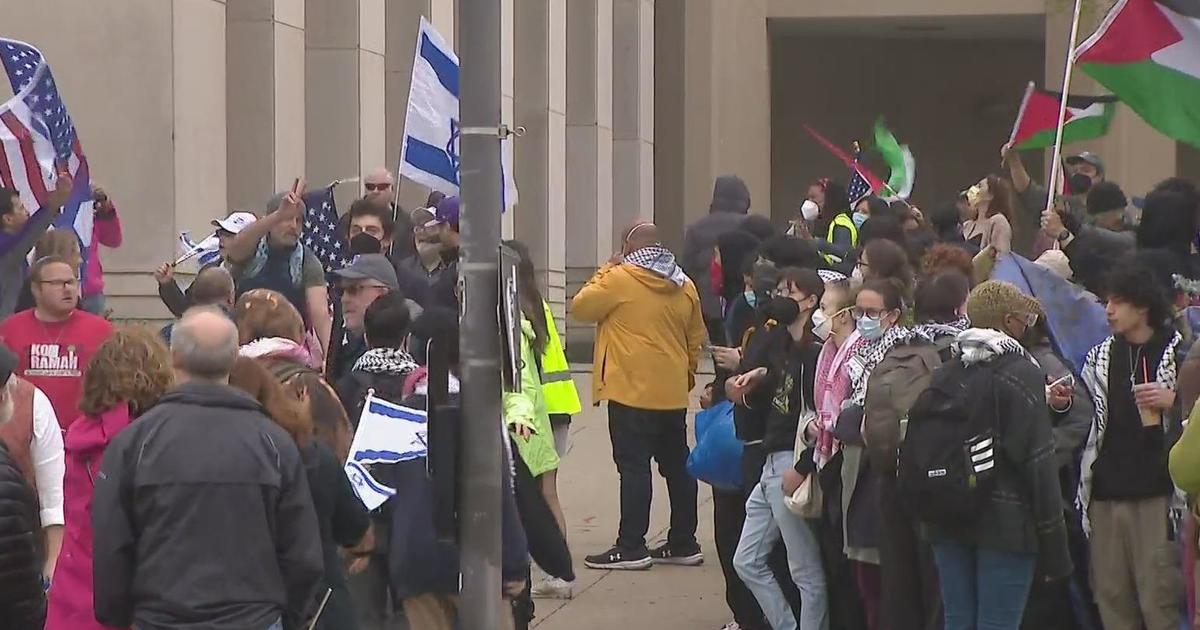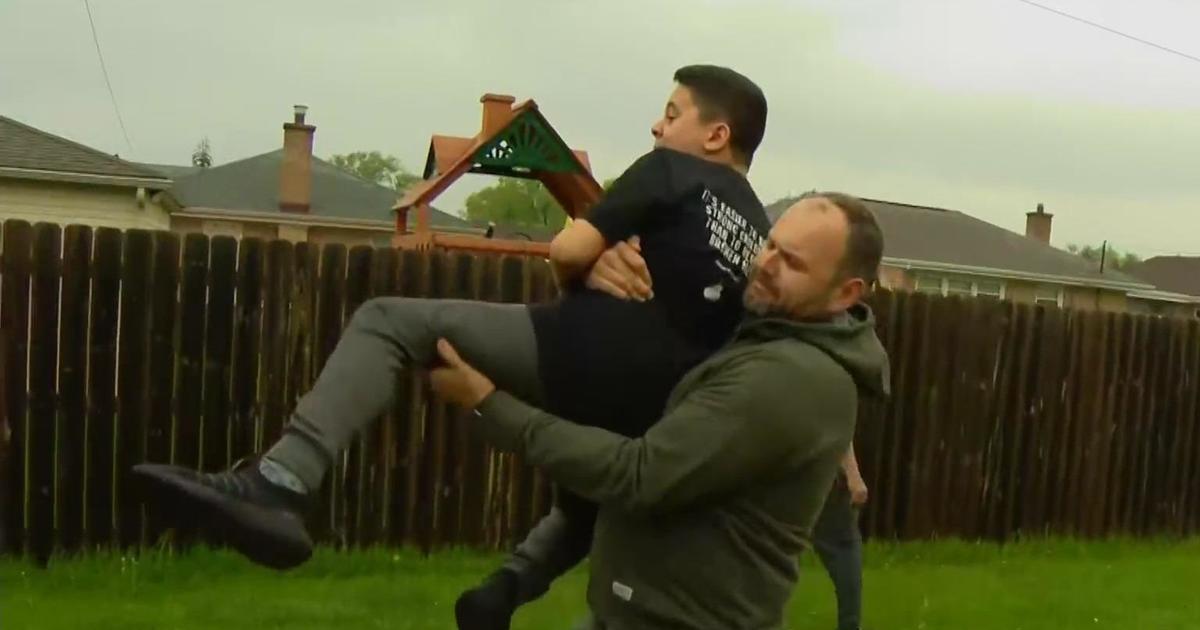Nearly 300 Kids Spent 7 Weeks At North Star Camp In Wisconsin, Without A Single Case Of COVID; 'The Bubble Is Critically Important'
CHICAGO (CBS) -- It sounds like a disaster in the making; bring nearly 300 campers and staff together during a pandemic, and keep them together around the clock for seven weeks. But then something remarkable happened: not a single case of COVID-19.
Our story takes us to North Star Camp For Boys, located in Hayward, Wisconsin, some 400 miles north of Chicago. Despite the distance, about half of the campers come from the Chicago area. The camp's director is Andy Shlensky. He grew up in Deerfield and lives in Chicago now. Owner today, Andy was also a long-time camper at North Star.
In mid-March, as the realities of the coronavirus became apparent, Shlensky reached a tough and obvious conclusion.
"If we're gonna run this summer, everything's going to need to be different," Shlensky said.
Shlensky really wanted to hold camp this summer. He saw his own daughter, a CPS student, struggle with remote learning, but she thrived while playing outside. Shlensky knew the boys needed a "normal" summer to grow and develop.
So he came up with a plan, and after consulting with medical experts, even begging them to poke holes in his plan, Shlensky decided that camp would be a go.
"We were definitely in the minority," he said, noting that many other camps did not operate this summer.
Shlensky opted for the bubble model. He noted the NBA has succeeded, because its players and staff are protected from the outside world. That's in contrast to the high-profile issues and cases that Major League Baseball has experienced.
"The bubble is critically important. For the bubble to really be effective, it has to be truly a bubble," Shlensky noted.
So everyone got tested and quarantined at home two weeks prior to arriving in the North Woods. Once at camp, masking, social distancing, UV light cleaning, and daily temperature checks were the norm. Campers also ate most of their meals outside, since the transmission of COVID-19 appears greater inside. Even times in the wash house were staggered, to reduce the possibility of crowding.
Among the challenges—outsiders coming into the bubble, like food and laundry deliveries—and restricting counselor activity on their days off. They were allowed to go to remote locations like beaches and parks, with chaperones, but the usual mingling in town and hitting local restaurants were no-no's.
"We had zero cases throughout the summer." Shlensky tells us. "I know that there was a certain degree of luck that allowed us to not have an asymptomatic case slip in."
Shlensky also credits his staff vigilance for keeping camp clean all summer. He fully expected to have some cases and had plenty of plans in place, should COVID-19 enter the bubble.
Was it all worth it?
"The kids left at the end of the seven weeks with incredible bonds with their friends. They learned a ton of new skills. They had a ton of fun," Shlensky said.
With so many kids not attending actual school in the fall, what started as a joke is turning into reality: fall camp. Shlensky will open North Star in September for a twist on summer camp. The boys will spend much of their days remote learning. Then during their spare time they can have fun. But now Shlensky has new challenges, since camp usually doesn't go this late in the year.
"We're up here pretty rurally, and pretty far north. It can snow in October, but I think that will be fun for the boys to see the leaves change. It's a rural community. We're working on getting cellular hot spot internet set up," he said.
There are still some slots available for fall camp. The price tag? About $11,000, for a seven-week session.
